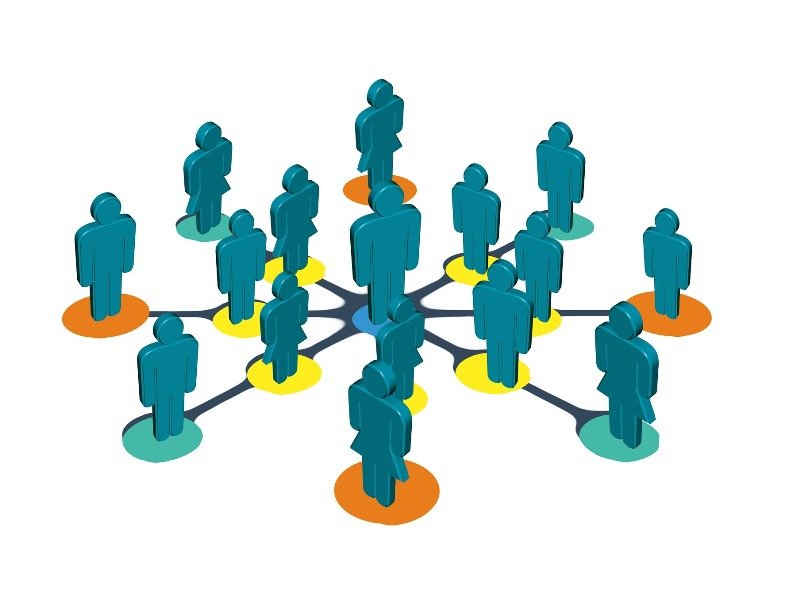Reinier advises national and international companies
reinier.russell@russell.nl +31 20 301 55 55Distribution and agency agreements are often confused. And this is not surprising: there are similarities. However, it is crucial to be aware of the differences. Why is that so important? And what are the differences?

In both distribution and agency a supplier or manufacturer uses an intermediary to promote and distribute his products. At first it may not seem to be significant how the relationship between the supplier and intermediary is characterized. Yet, the qualification is of vital importance, as in addition to the similarities there are crucial differences.
Predicting the future is difficult. However, when entering into a long-term agency or distribution relation it is crucial to think about what the situation could be like after one, two or ten years. Clarity from the start will prevent hassles later on. Therefore, it is advisable to devote attention to qualifying the relationship (particularly by asking questions as: who bears the risk of the intermediary’s actions and who will determine the sales strategy?), to actually putting this qualification into practice and to drafting a sound written distribution or agency agreement. We will gladly help you to do so of course!
Do you have any questions about this blog? Would you like us to assess or draw up a distribution of agency agreement for you? Or do you have a dispute with your distributor, agent or principal? Please contact us:
As from 3 December 2018, there will be a ban on geo-blocking by websites within the EU. What does this mean for the agency, distribution and franchise industry?
Is the supplier allowed to determine for what price the distributor has to sell products or services?
With the Dutch Tax and Customs Administration again enforcing the Deregulation of Assessment of Employment Relationships Act (DBA Act), these questions have become even more important. In a recent ruling on Uber drivers, the Supreme Court provided additional guidance on how to determine whether someone is a self-employed person.
The shareholders’ agreement is the most important agreement entered into between shareholders and the company. What matters should you cover in this agreement?
The use of general terms and conditions is something companies can no longer do without. Contracting parties refer to their own general terms and conditions in small print, often containing favorable clauses for their own benefit. But what is the power of general terms and conditions? And what should be considered when using them?
Expedited liquidation is a quick way to terminate a legal entity. However, the scheme was also abused, disadvantaging creditors. A new law should prevent this. What requirements does an expedited liquidation have to meet from now on? And what options do creditors have to collect their claims?